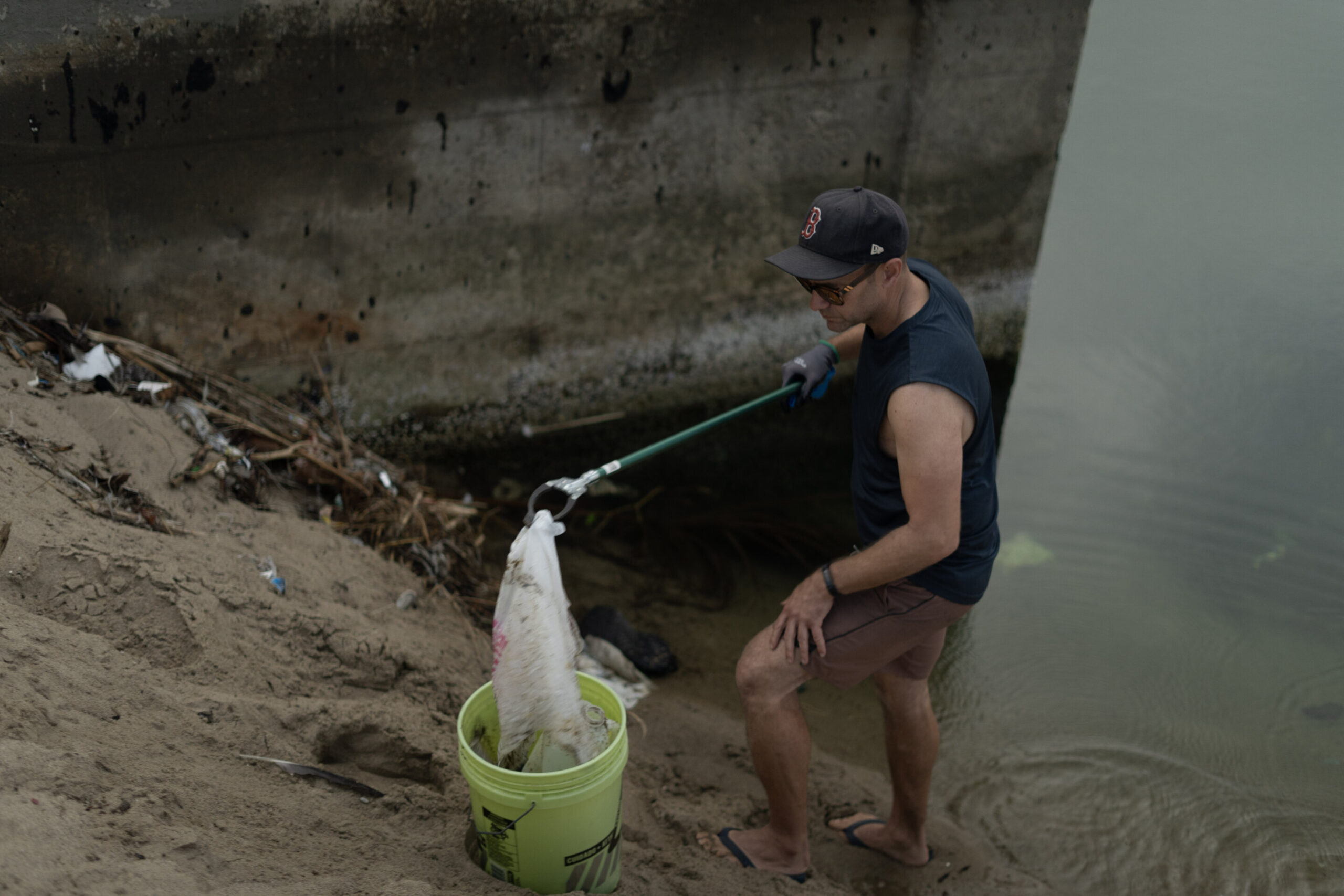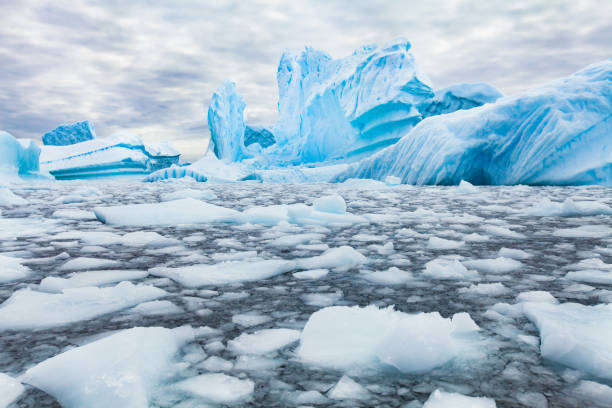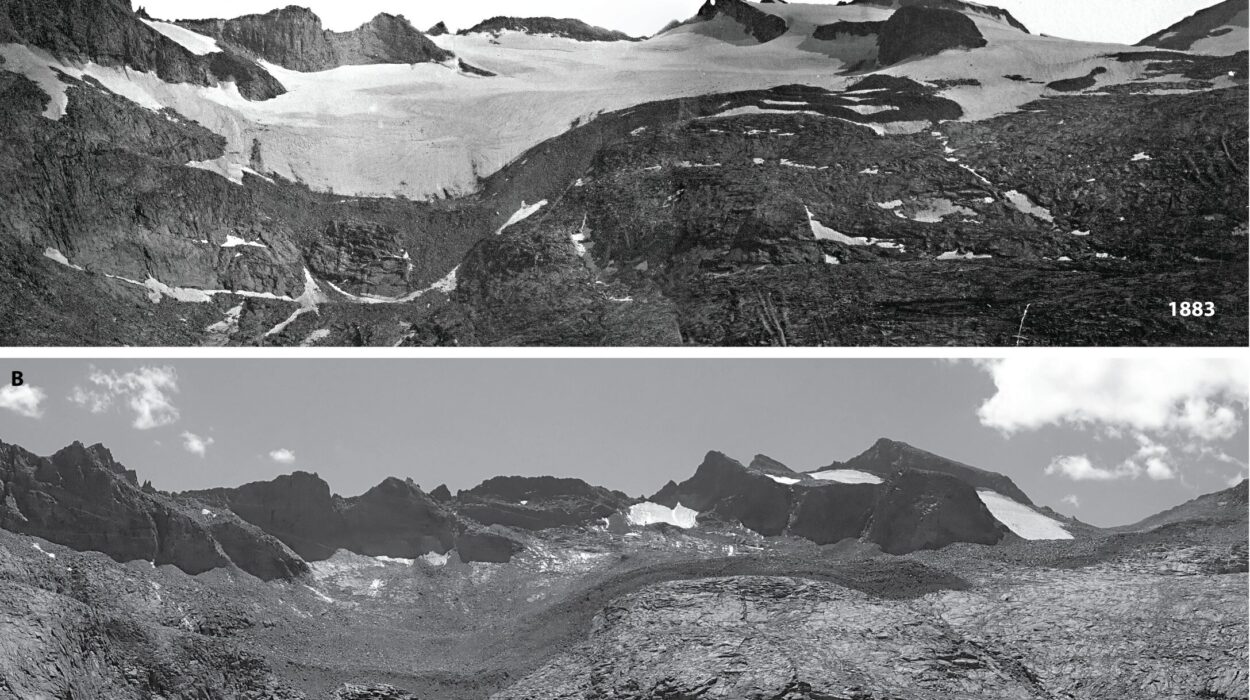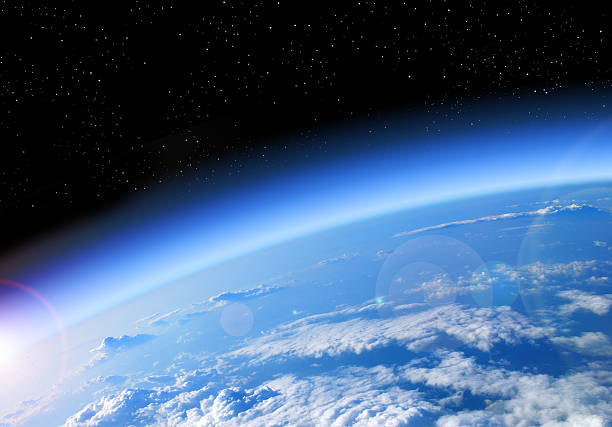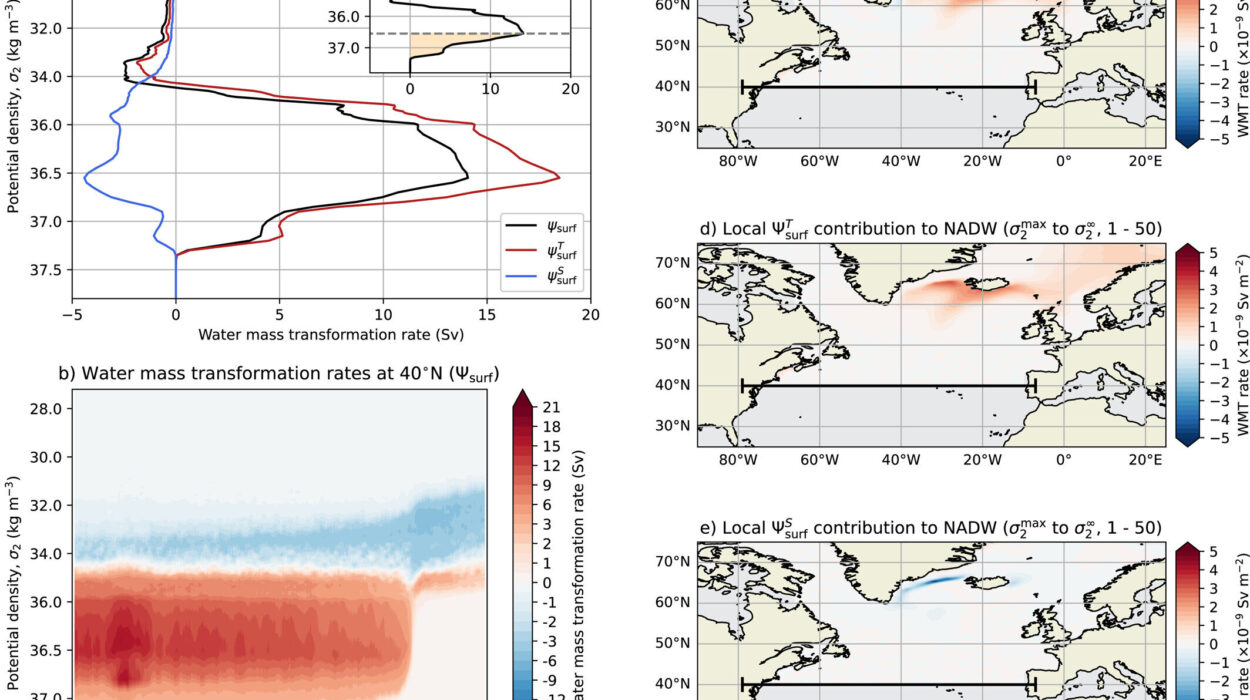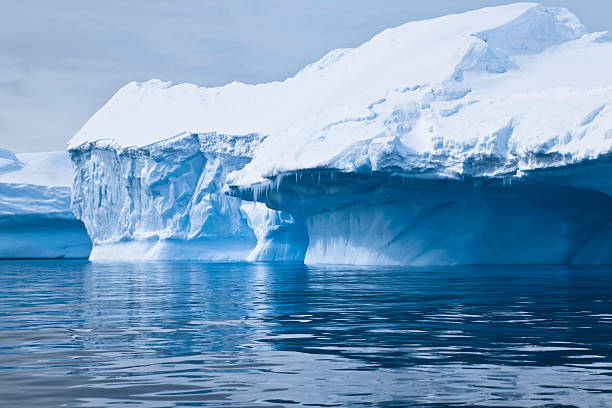It starts with a gust of wind. A thin plastic bag slips from a trash bin, flutters upward, and drifts away—a ghost of convenience destined for the sea. It doesn’t take long for that lightweight film to become an ocean hazard. It may snare the flipper of a sea turtle or end up as a tangled thread in the stomach of a whale. Eventually, it will fragment into tiny pieces, indistinguishable from plankton, swallowed by the smallest fish and passed up the food chain to us.
For decades, these flimsy bags—ubiquitous in grocery aisles and clutched in millions of human hands each day—have been among the most visible and destructive symbols of plastic pollution. Now, a new study published in the journal Science offers something rare in the environmental world: evidence of policy that actually works.
Researchers from the University of Delaware and Columbia University have found that plastic bag bans and fees in the United States have significantly reduced the presence of plastic bags in shoreline cleanups. In regions with such policies, plastic bags decreased by 25% to 47% as a share of total litter collected, compared to areas without any regulation.
And the most hopeful part? These reductions grow over time—and they haven’t bounced back.
A Cleaner Shoreline, One Policy at a Time
The study, led by environmental economist Anna Papp and marine policy expert Kimberly Oremus, is the first of its kind to evaluate the real-world impact of plastic bag regulations using actual data from tens of thousands of shoreline cleanups across the United States.
“This isn’t a simulation or a prediction. It’s about what’s actually been picked up by real people on real beaches,” said Oremus, an associate professor at the University of Delaware. “When we found the database that had information on different shoreline cleanups, we realized we could look at the composition of litter before and after a policy to see what effect it had.”
That database is TIDES, the Ocean Conservancy’s global platform that collects crowdsourced litter data through apps like Clean Swell. Volunteers log every piece of trash they pick up—cigarette butts, bottles, food wrappers, and of course, plastic bags.
TIDES has long served as a tool for public awareness and education. But now, it’s also a lens into how local and state laws are shaping the health of coastlines.
“All those beach cleanups people have done over the years? They matter. They’re not just feel-good events,” said Allison Schutes, senior director of conservation cleanups at Ocean Conservancy. “The data is being used to drive change, and now we have proof that it’s working.”
From Checkout to Shoreline: A Troubled Journey
The sheer efficiency of the plastic bag is what made it a global staple—and a global problem. Lightweight, waterproof, durable, and cheap, these bags became symbols of modern convenience. But those same qualities made them an environmental nightmare.
Plastic bags are rarely recycled. Most recycling systems can’t handle their thin film, which clogs machines and contaminates other materials. As a result, they are often discarded improperly, where even the slightest breeze sends them airborne.
And once they’re out in the wild, plastic bags are dangerous. They entangle birds and marine animals, block digestive tracts, and eventually degrade into microplastics that seep into ecosystems for centuries.
The growing alarm over plastic pollution has driven over 100 countries to enact some form of restriction on plastic bags—either banning them outright or imposing a fee to discourage their use. In the United States, where no national policy exists, regulation has fallen to states, counties, and towns. That diversity in policy became the basis of the new study.
By examining over 600 plastic bag laws passed between 2007 and 2023—and pairing them with litter data from over 150,000 beach cleanups—the researchers were able to track changes in plastic bag pollution with unprecedented precision.
Not Just Fewer Bags—Slower Pollution
What the researchers found was encouraging but nuanced. In communities where plastic bag bans or fees were enacted, the proportion of plastic bags found in shoreline cleanups dropped significantly. But that doesn’t mean the problem has been solved.
“We’re still getting more plastic bags on shorelines as a percentage of all the cleanup items over time,” said Oremus. “It’s not eliminating the problem, it’s just making it grow more slowly.”
That’s a key takeaway: bag policies reduce relative pollution, not absolute. Plastic pollution overall is rising due to increasing global production and consumption. Bag bans and fees are helping, but they’re fighting against a rising tide.
Still, slowing that tide matters. It buys time. It reduces harm. And it demonstrates that policies—even simple ones like charging a few cents per bag—can yield real, measurable results.
Bans, Fees, and the Politics of Plastic
The study also uncovered intriguing differences in policy effectiveness. State-level laws appeared to have more impact than those enacted at the town or county level, likely due to better enforcement and broader reach. Interestingly, the researchers found that fees—when consumers pay a small charge for bags—were often more effective than outright bans.
Why might that be?
“Bans can be circumvented,” said Papp, lead author of the study and a recent Ph.D. graduate from Columbia University. “People might switch to thicker plastic bags or use bags labeled as reusable but dispose of them anyway. With fees, there’s a direct financial signal that changes behavior.”
The study also revealed that policies were most effective in places where plastic bag pollution was already a serious problem. In other words, when there’s more room for improvement, policies have a bigger impact.
The Global Implication: A Treaty on the Horizon
The timing of this research is not coincidental. With the United Nations Environment Program preparing for its next round of negotiations on a global plastic pollution treaty in August 2025, policymakers around the world are searching for evidence of what works.
“Policymakers want solutions, and they want proof,” said Oremus. “This study shows that plastic bag policies are one tool that can be part of a larger strategy.”
A global treaty would go beyond bags to address the full lifecycle of plastics—production, use, disposal, and reuse. But in a field where data is often scarce, this new study offers a valuable benchmark.
And it reminds us that progress is possible.
Small Actions, Big Impacts
Behind every data point in the study is a person: a volunteer bending down to collect trash from a beach, logging items on a phone app under the hot sun. Their work might seem small, but multiplied across thousands of people and places, it paints a picture of a planet in peril—and of people willing to fight for it.
“You don’t need a lab coat to contribute to science,” said Schutes. “Citizen science like this shows that everyone can play a role.”
For many beachgoers, the sight of a plastic bag caught in a wave or snagged in seaweed is just another piece of trash. But now, thanks to years of data and the power of research, we know that removing that one bag—and preventing it from reaching the ocean in the first place—matters more than ever.
The Road Ahead
As the plastic crisis continues to grow, this study offers both hope and a call to action. Local policies work. Citizen data matters. But it’s not enough to plug one leak when the whole pipe is bursting.
The researchers hope their work will inspire broader efforts—not just more bans and fees, but comprehensive systems to reduce plastic use, improve waste management, and shift toward a more sustainable future.
“It’s rare in environmental economics to find such a clear signal,” said Papp. “We can say with confidence: these policies are working. But the job isn’t done.”
As the world inches toward a binding global agreement on plastics, one thing is clear: the bag bans were never about just the bags. They are proof that thoughtful regulation, grounded in real data and driven by public participation, can make a difference—even against a problem as vast as the ocean itself.
Reference: Anna Papp et al, Plastic bag bans and fees reduce harmful bag litter on shorelines, Science (2025). DOI: 10.1126/science.adp9274. www.science.org/doi/10.1126/science.adp9274
